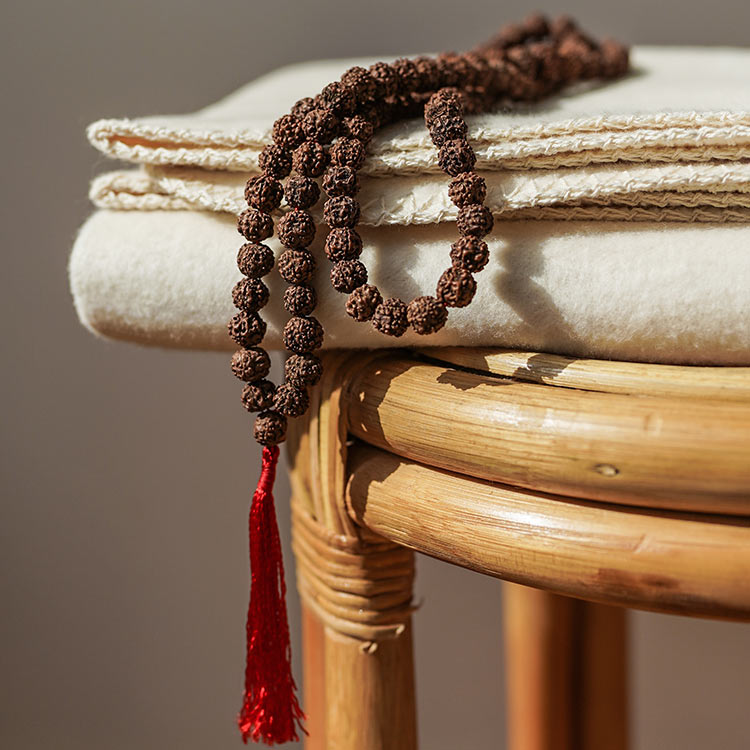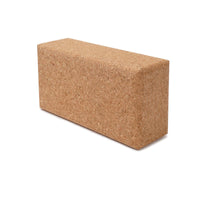
The best seven tips for more structure in everyday life
Efficiency, productivity, and relaxation at the same time: These are top priorities for many people – yet very few succeed. Whether it's organizing family life, a relationship, or single life, it's important for people to create a daily structure that organizes their daily routine so that everything can be accomplished efficiently and smoothly. This article will help you bring even more organization into your daily routine with the best tips. Let yourself be inspired.

1. Night owl or early riser? Which are you?
One of the most important aspects of organizing your daily life well and gaining a meaningful overview is knowing your own sleep and concentration habits. Science distinguishes between two types of people, or a third type that can adapt to both options.
- Night owl : Those who fall into this category are happy to be able to sleep in in the morning. Their concentration and performance are then at their peak in the evening and at night.
- Early risers are the exact opposite and are happy when they get out of bed early in the morning and can then start their daily routine.
To determine which category you belong to, you shouldn't necessarily look at your past years, as these often no longer reflect your true self due to a job, etc. Instead, think back to your childhood: Did you always sleep very late? Nowadays, you can ask yourself: What time do you like to go to bed? What time do you like to get up? Do you find it easy to concentrate in the morning?
Depending on whether you consider yourself an early riser or a night owl, you can structure your workday accordingly. This is usually difficult in a permanent position – thanks to flextime, you can live a little more according to your needs. However, if you're self-employed and work from home, you can completely tailor your workday accordingly.
2. Avoid constant distractions
Everyone knows the problem of wanting to devote themselves to a task, but at the same time being constantly distracted by other things. If you're a self-employed mother working from home and have to care for a baby, you obviously can't leave the child crying. Whether you're self-employed or employed, it's important to put away cell phones, radios, and other distractions during work hours—and as a parent, you also want to know your child is well cared for. This way, you can bring more order to your daily routine. At first, it's difficult to give it up and learn to put your phone away—but over time, you'll notice how much easier it becomes to get things done.
Parents working from home can arrange for a childminder or daycare place so they can fully concentrate on work and then return to their daily routine as a mom or dad. Mindful activity with children is essential for the parent-child relationship.
If you still have a lot of tasks ahead of you, you can create a to-do list. This allows you to quickly set your goals, plan them, and work through them daily. This takes a bit of practice, but can be done quickly and efficiently by those affected.
3. Clear distinction between working time and leisure time
If you have a permanent job, you can usually distinguish between your free time and your working time. However, if you're self-employed and even work from home, for example, you need to create your own daily schedule. This way, you stay focused and aren't constantly distracted.
Ask yourself when you want to work, when you need to take care of your child, and when you need time for yourself or the household.
When you're working, you clearly separate yourself from all other to-dos. In the evening, when you finish work, you can incorporate certain rituals so that your mind and body know that your free time is about to begin.
- Change your clothes so that your body is more aware that your workday is over.
- Take your child out to the park for a walk and get some exercise. This will help relieve the body of the stresses of the day.
- Cooking a delicious meal from a favorite cookbook can also be an ideal transition from work time to leisure time.
- In addition, shared activities such as reading a bedtime story or playing with your children can be a good way to end the working day.
It's important that you take the time to practice it every day. At first, you may still want to check your emails or complete certain small tasks. However, for your own mental well-being and to avoid illness, setting clear boundaries is essential. Taking good care of yourself and establishing regular routines can help you avoid depression or other mental illnesses.
4. Mental and physical time out
To be able to work in a more structured and focused manner, reduce depressive moods, and do something good for yourself, it's a good idea to incorporate more exercise into your daily routine. The body needs exercise to feel fit and vital. This makes it much easier to concentrate on the next task, and active people are much more balanced. Yoga on your new mat is highly recommended in this regard.
You can achieve mental relaxation by meditating in the morning or evening or by taking the time to write down all your feelings and thoughts.
5. Assign tasks according to the Eisenhower principle
In order to have a good overview of the tasks, it is useful to classify them according to the Eisenhower principle:
- Important and urgent (these must be done immediately)
- Important, not urgent (these can be done later)
- Not important, but urgent (may be submitted)
- Not important and not urgent (does not need to be done)
6. Establish fixed routines
More structure in everyday life usually means less stress and a better overview.
For example, you can start the morning with a short meditation on a comfortable meditation cushion . Intensive yoga exercises or keeping a gratitude journal can provide a mindful start to the day. In the evening, you can do a relaxing yin yoga flow or a short workout. Reading a book or listening to gentle meditation sounds will help you wind down in the evening. You can integrate these routines into your daily routine. This will provide security and allow you to work more efficiently.
You can introduce various routines in your daily work routine: for example, that emails are only read within a certain time window, etc.
7. Take breaks – treat yourself to a little time out
We're often so caught up in various tasks that we forget to sit back and take a deep breath. A good point: It's important to give yourself a break every now and then during your workday. You can schedule breaks to maintain a fixed structure, or you can intuitively decide when it's good to take a little rest.
What structures do you have in your daily life? Are you a structured person or not?
Share












